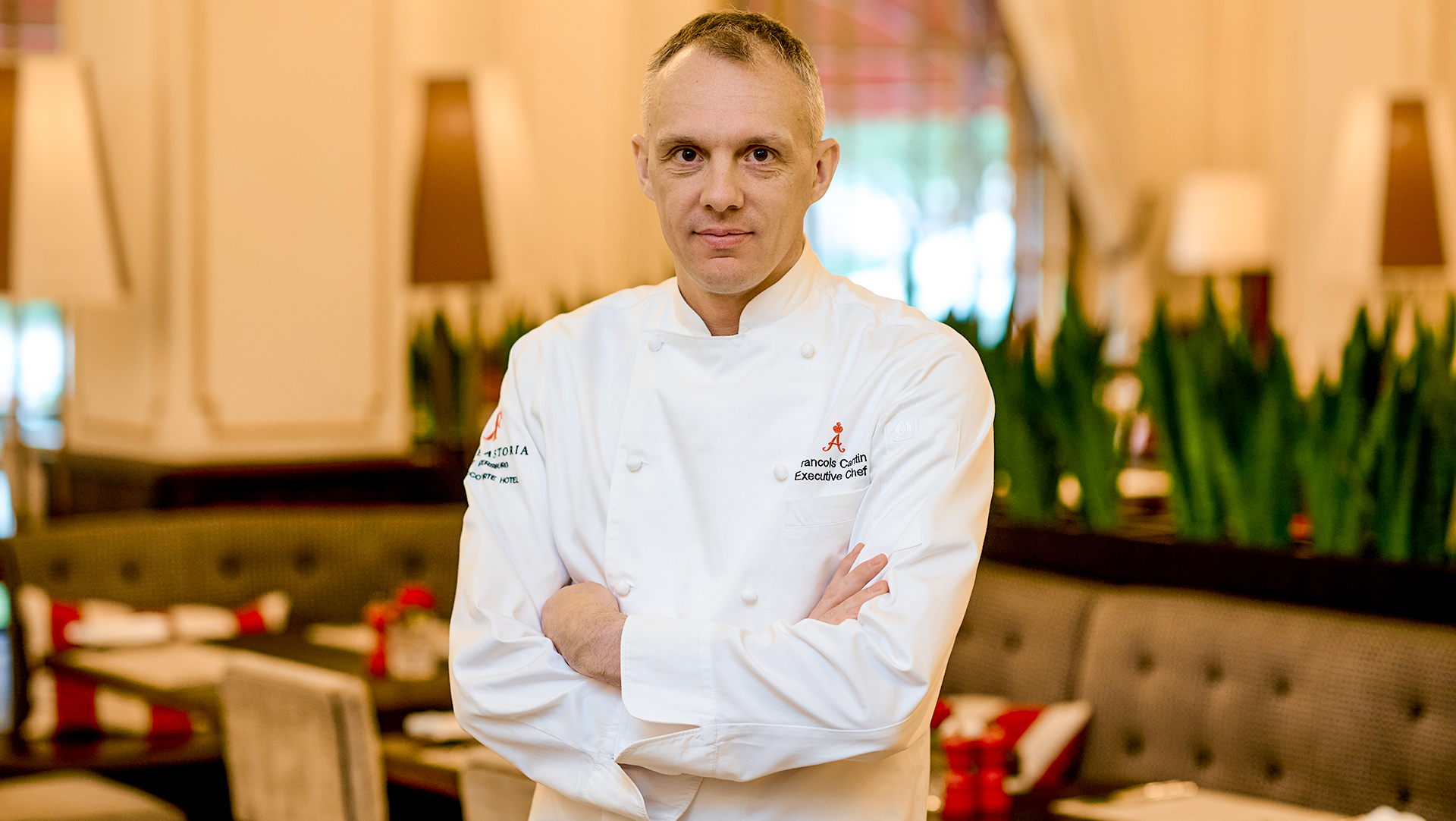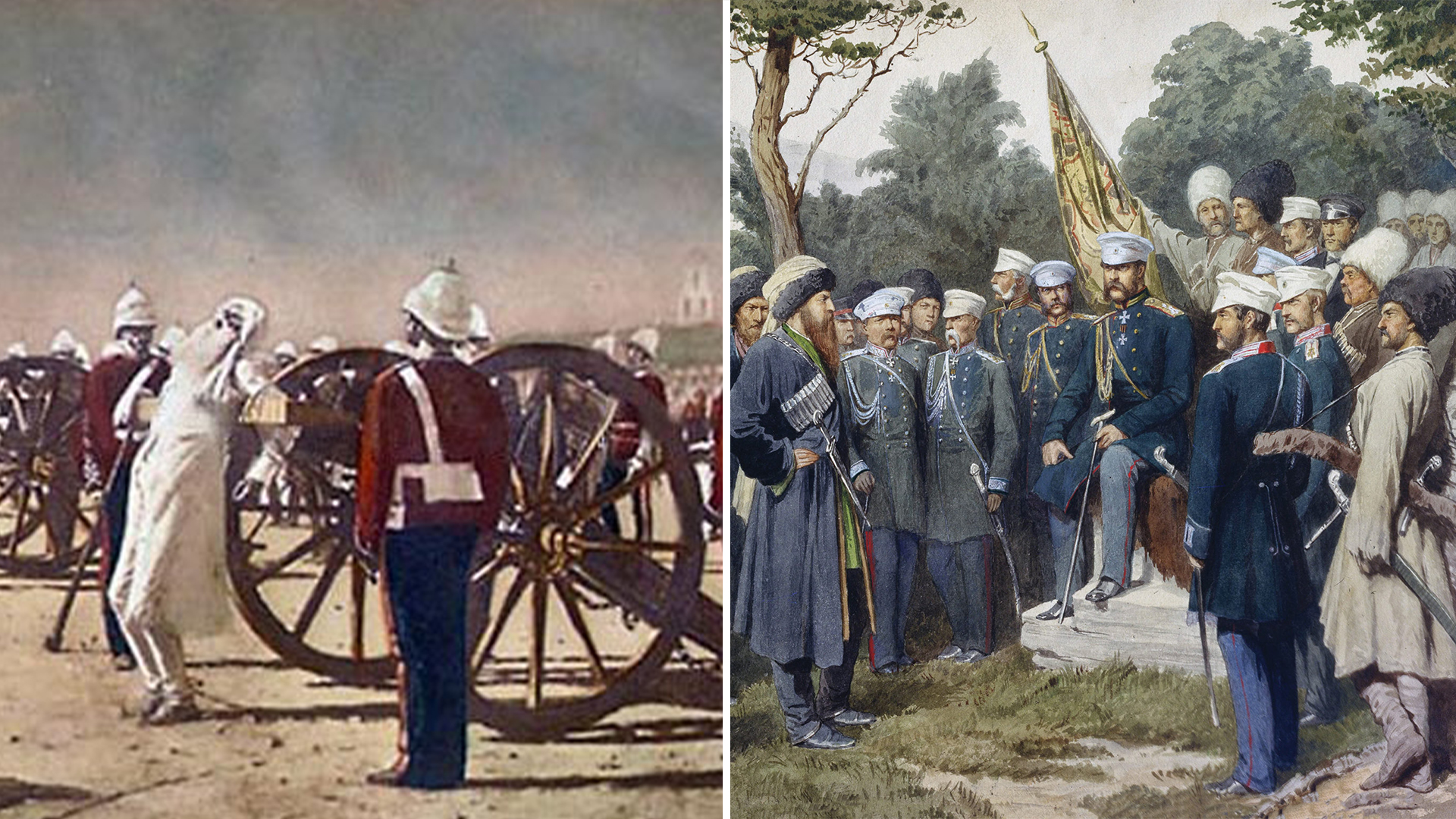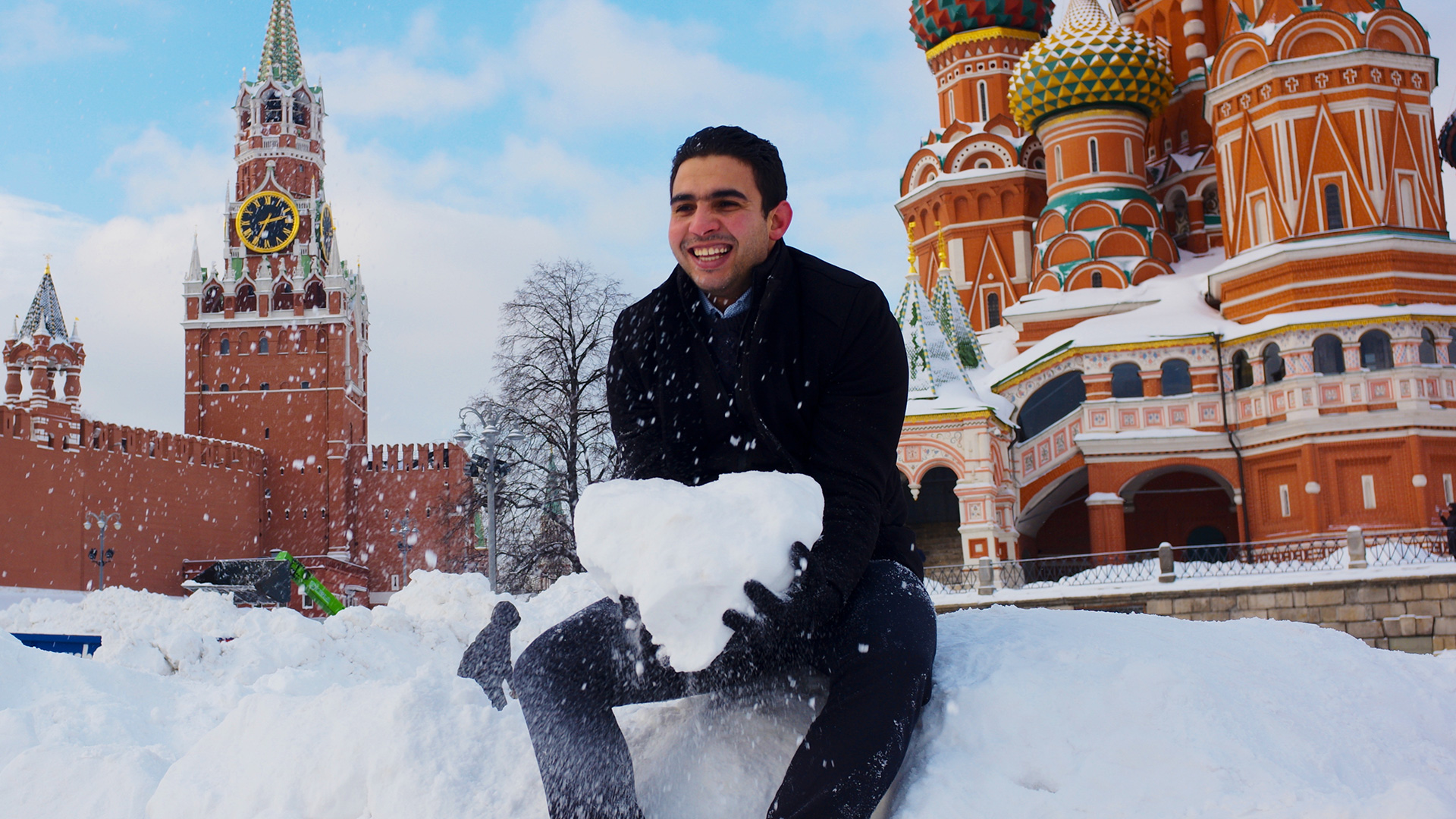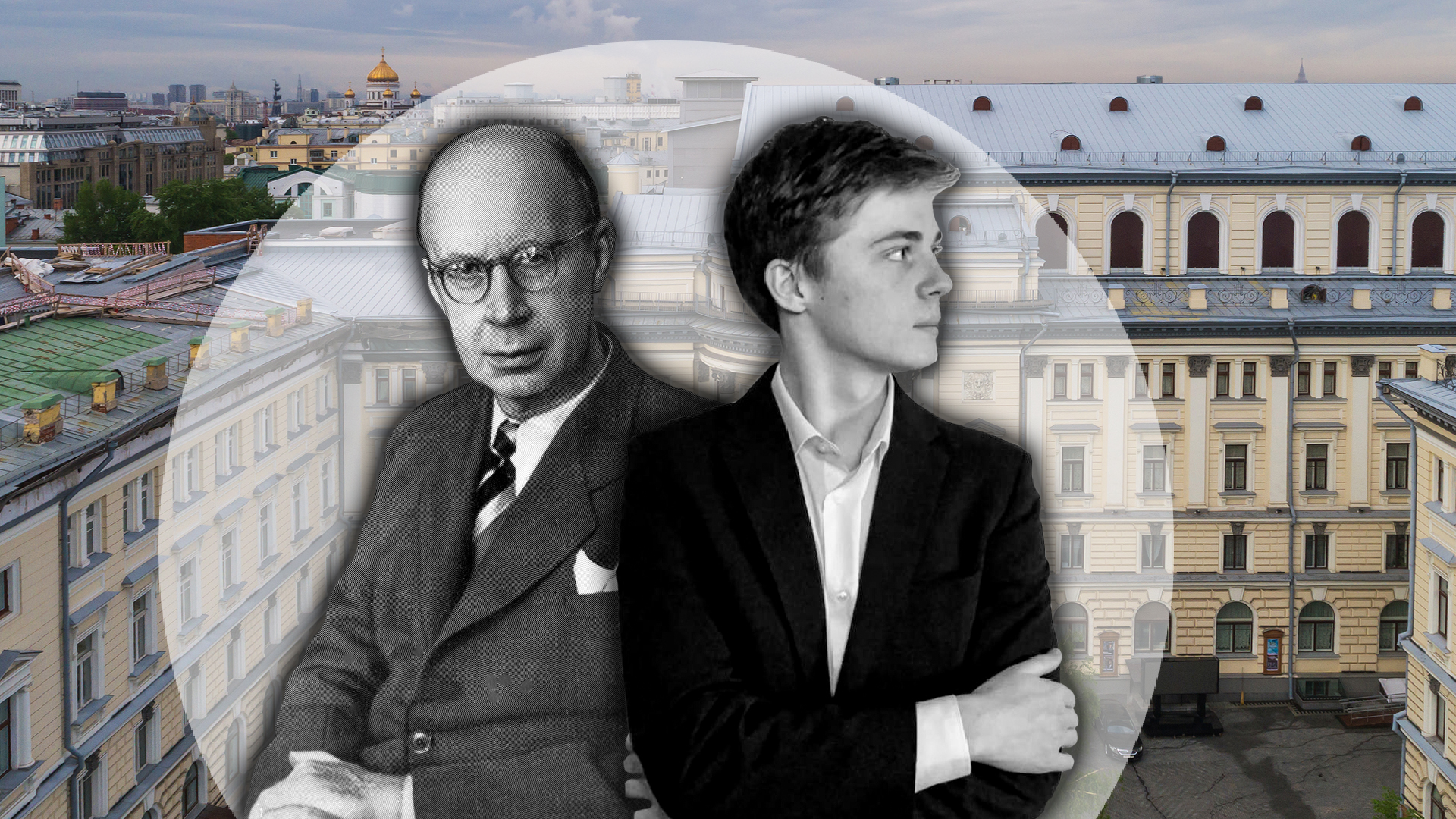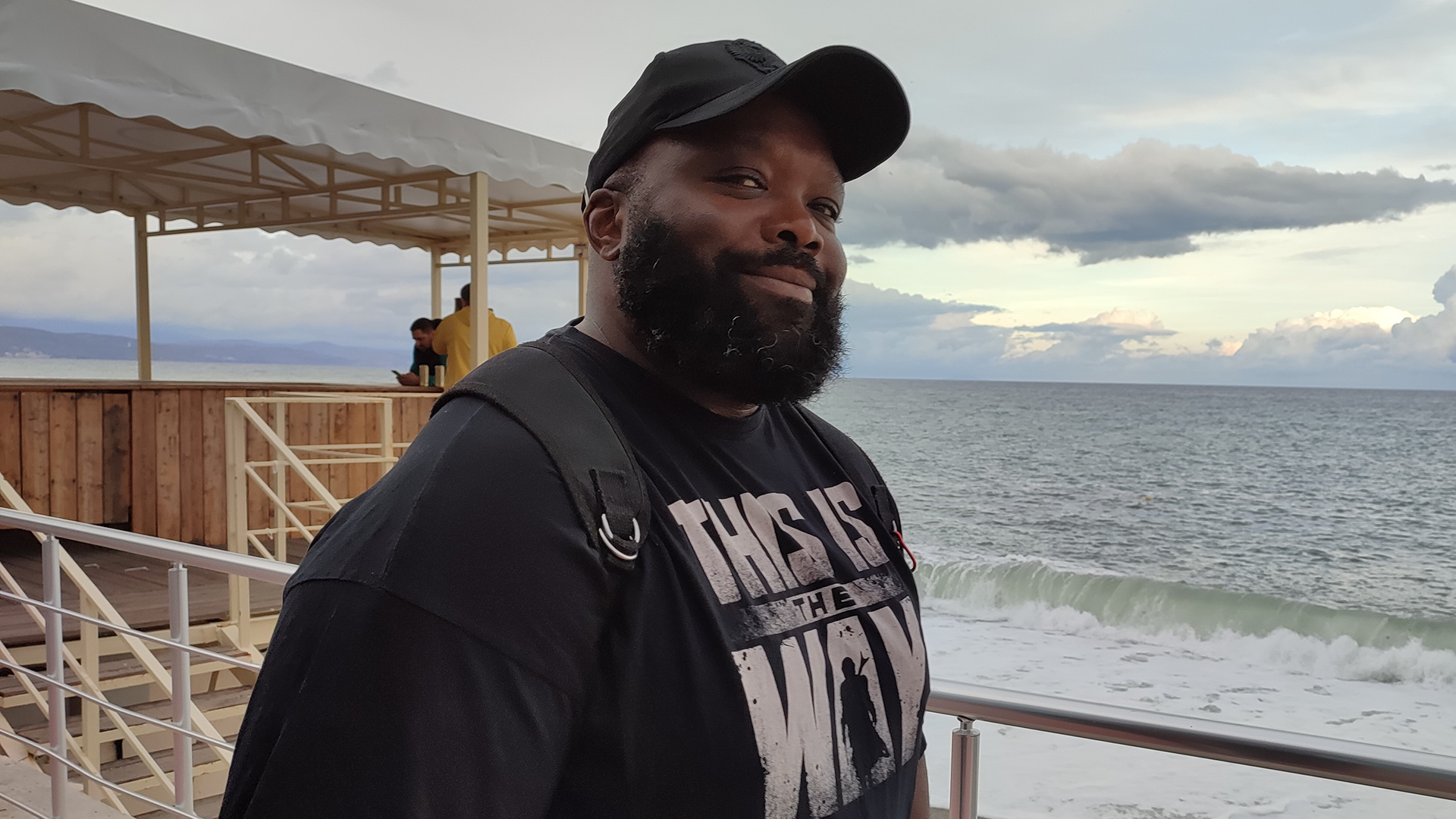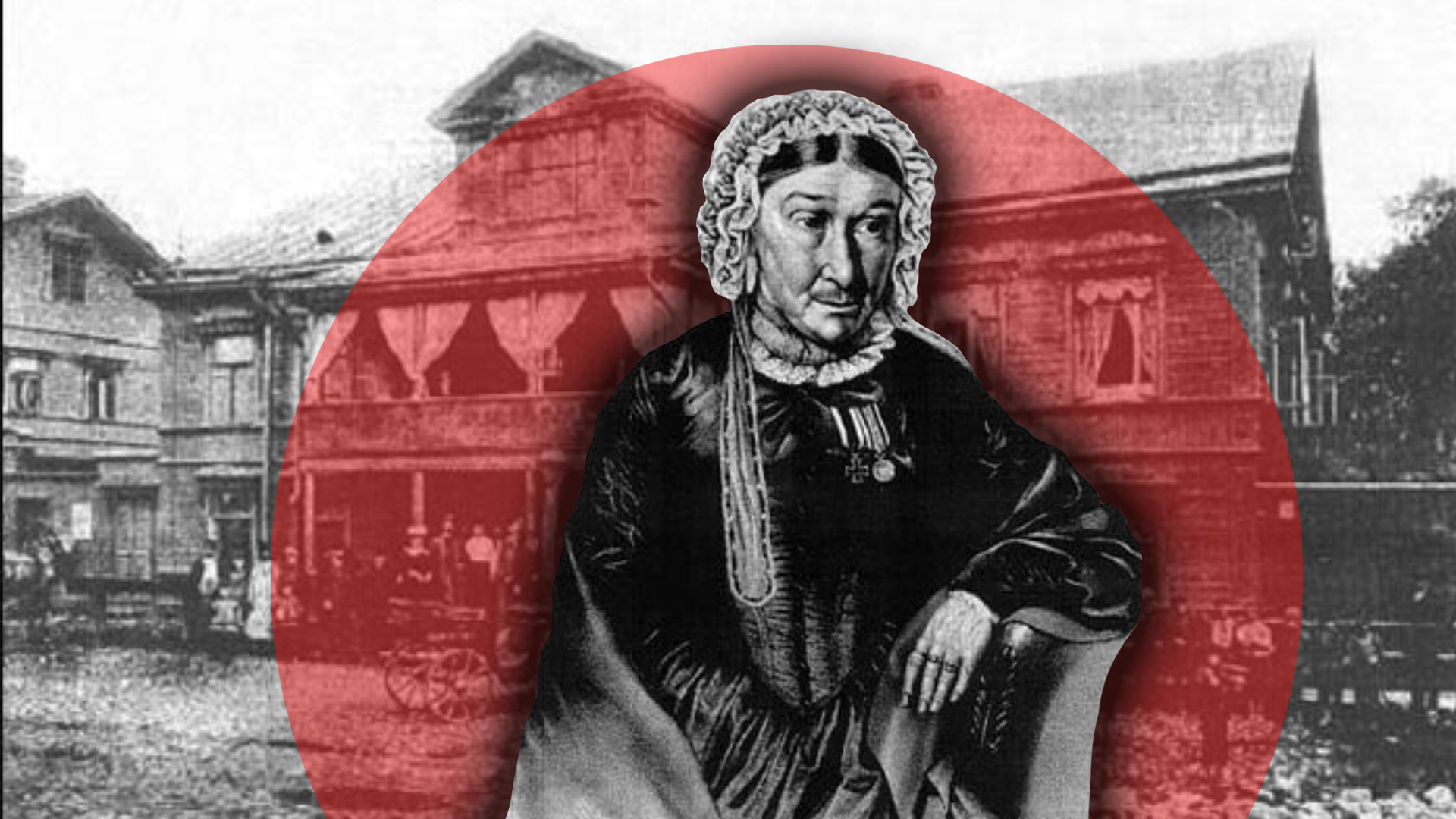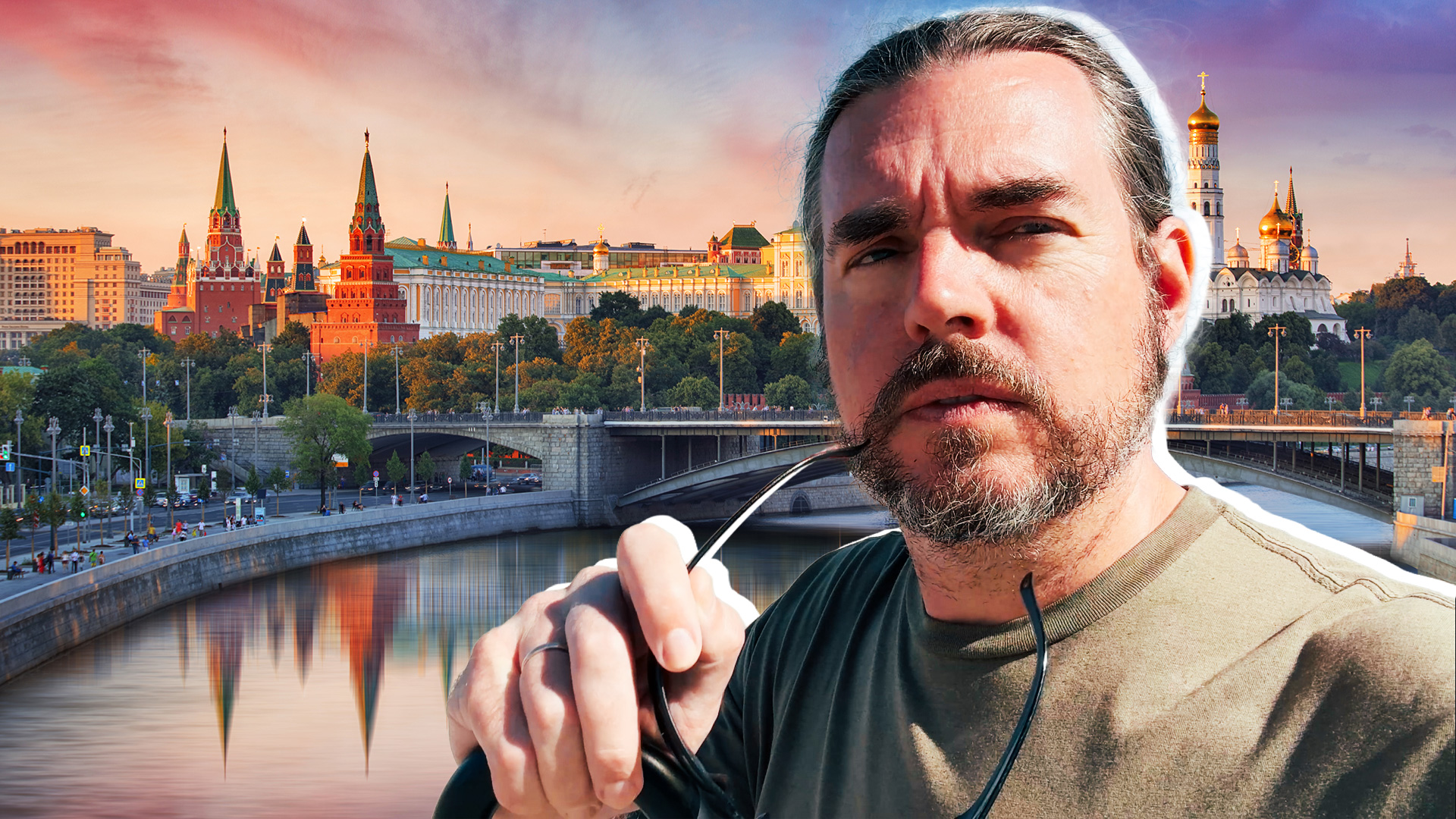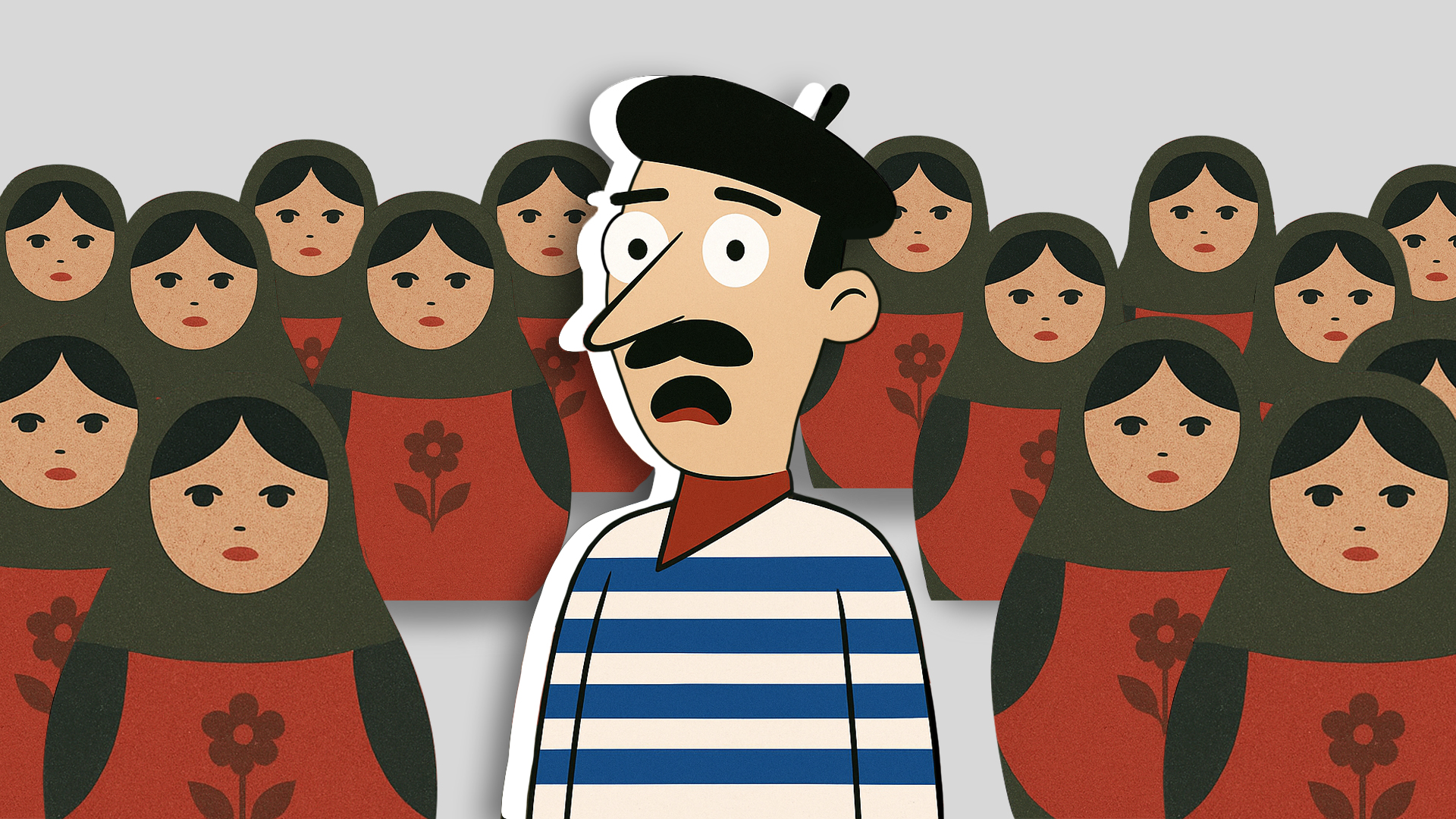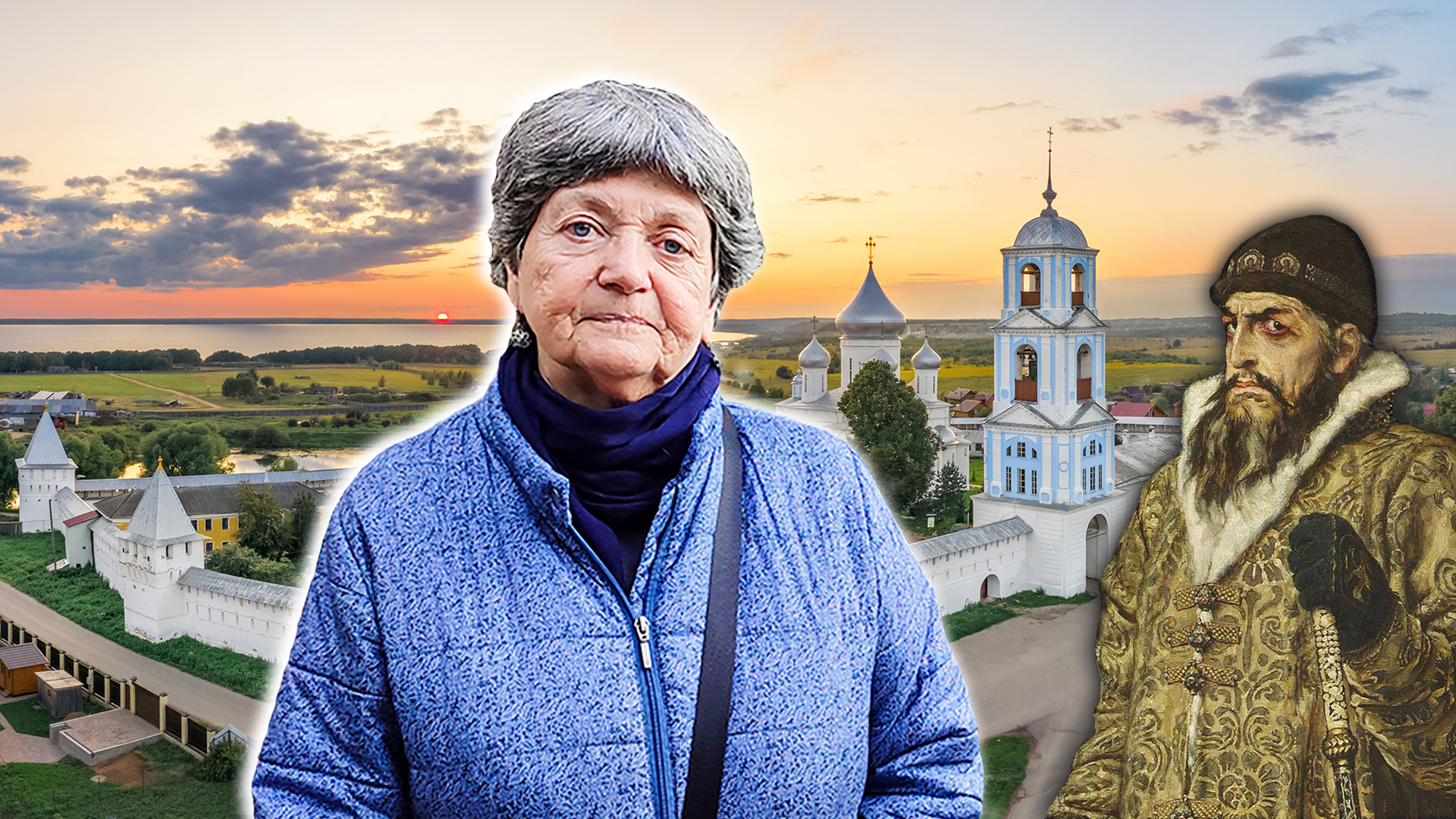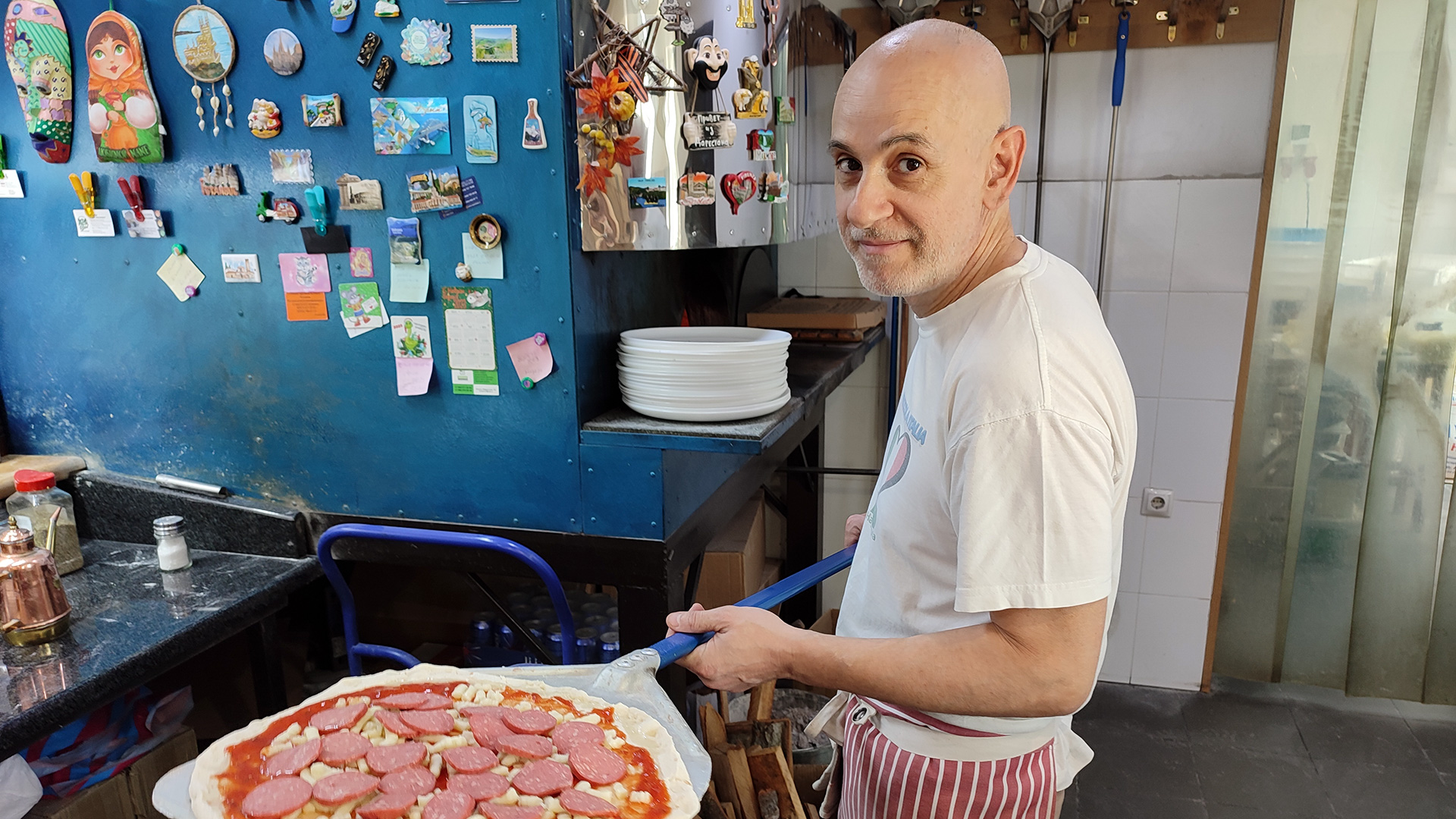
How an African singer became a star in Dagestan
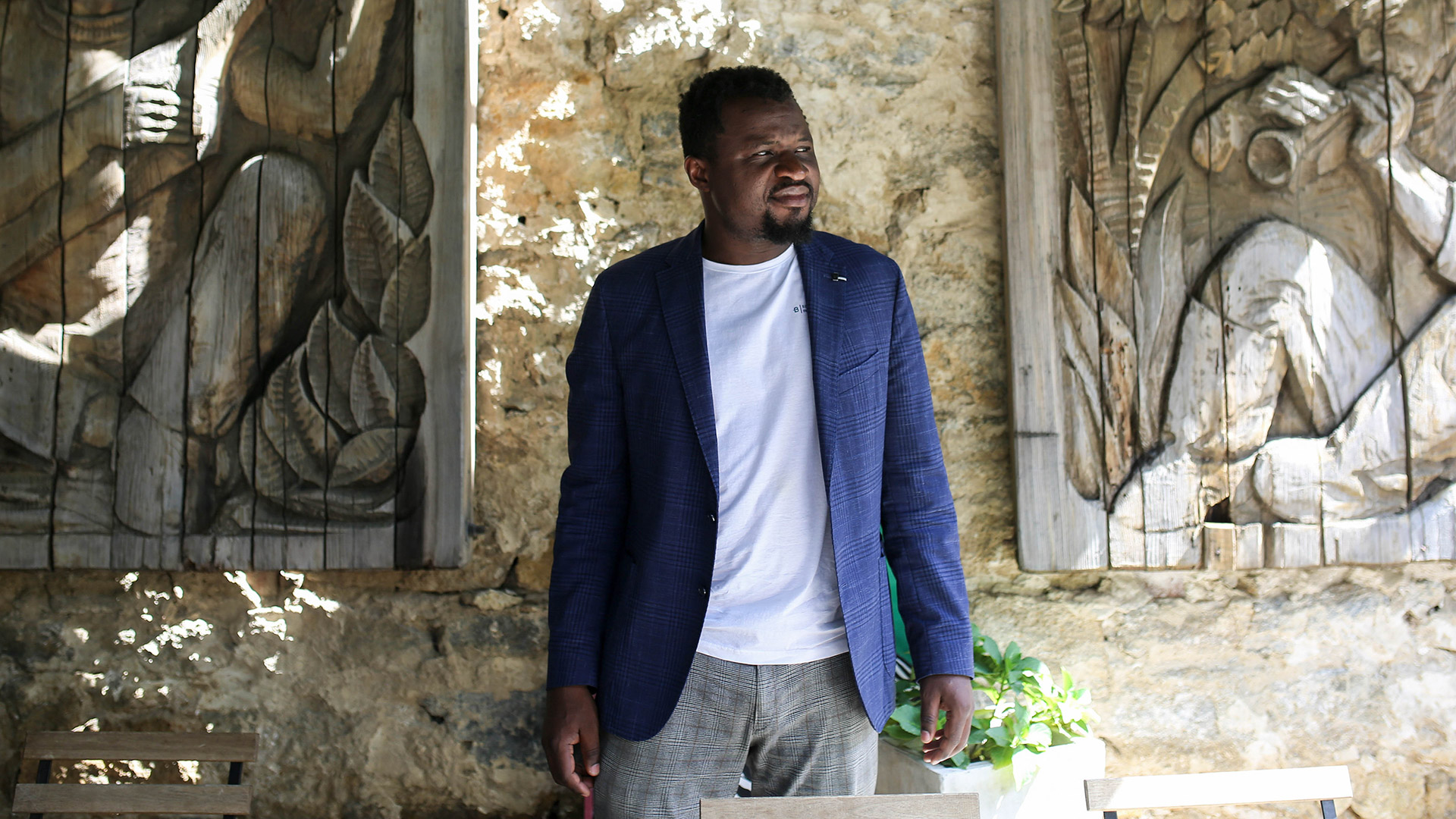
Cameroon, Pierre's native country, is frequently referred to as the "model of the whole of Africa": It boasts very diverse nature, from savannahs and rainforests to mountains and the ocean. Its many ethnic groups speak some 280 languages. In this sense, his homeland can be compared to the Russian republic of Dagestan, in the North Caucasus, with its own stunning nature and dozens of languages.
Why Russia? And why Dagestan?
The economic situation in Cameroon is turbulent, so a third of the population lives abroad. When Pierre went to Russia, he only knew that it was the largest country in the world and that it was very cold there.
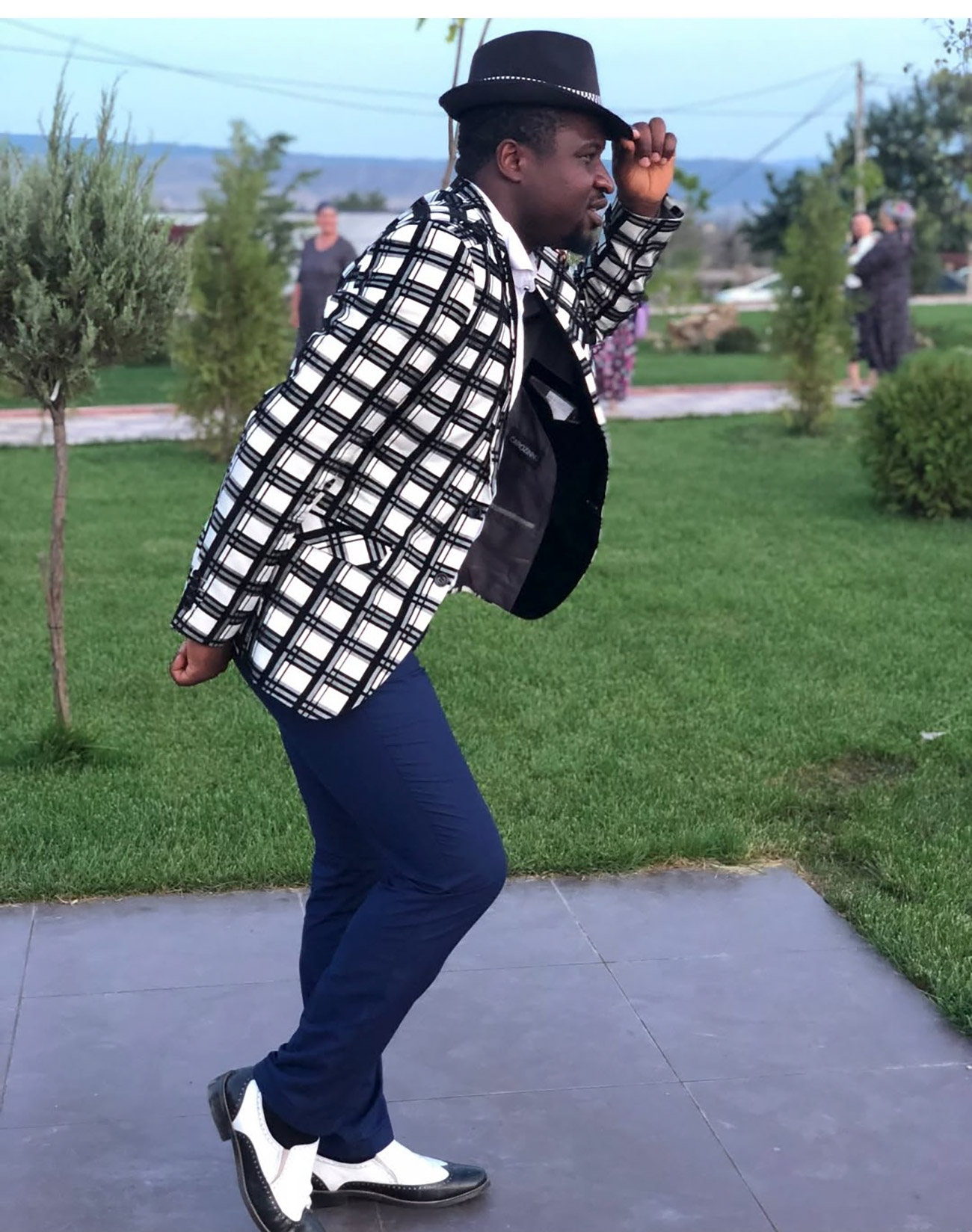
“There is an agency in Cameroon that deals with sending students to study abroad. And when I got there, they showed me such beautiful pictures of Dagestan! They said it was in Russia, which offered quality education and would be cheaper than, for example, in Europe. I agreed to go,” Pierre says, admitting that the reality was even more striking than the photos.
People in Dagestan turned out to be very kind and everyone was ready to help the lost foreigner.
“They helped me navigate the city and offered me free housing… When I came to the market to buy food or clothing, they told me: ‘Take it like that, you don't need money! Just like that, from the bottom of my heart! We are glad to have you!’,” Pierre recalls.
From the south to Siberia
Pierre had a chance to experience the coldest country on the planet when he found himself in the Siberian city of Surgut, in -50C.
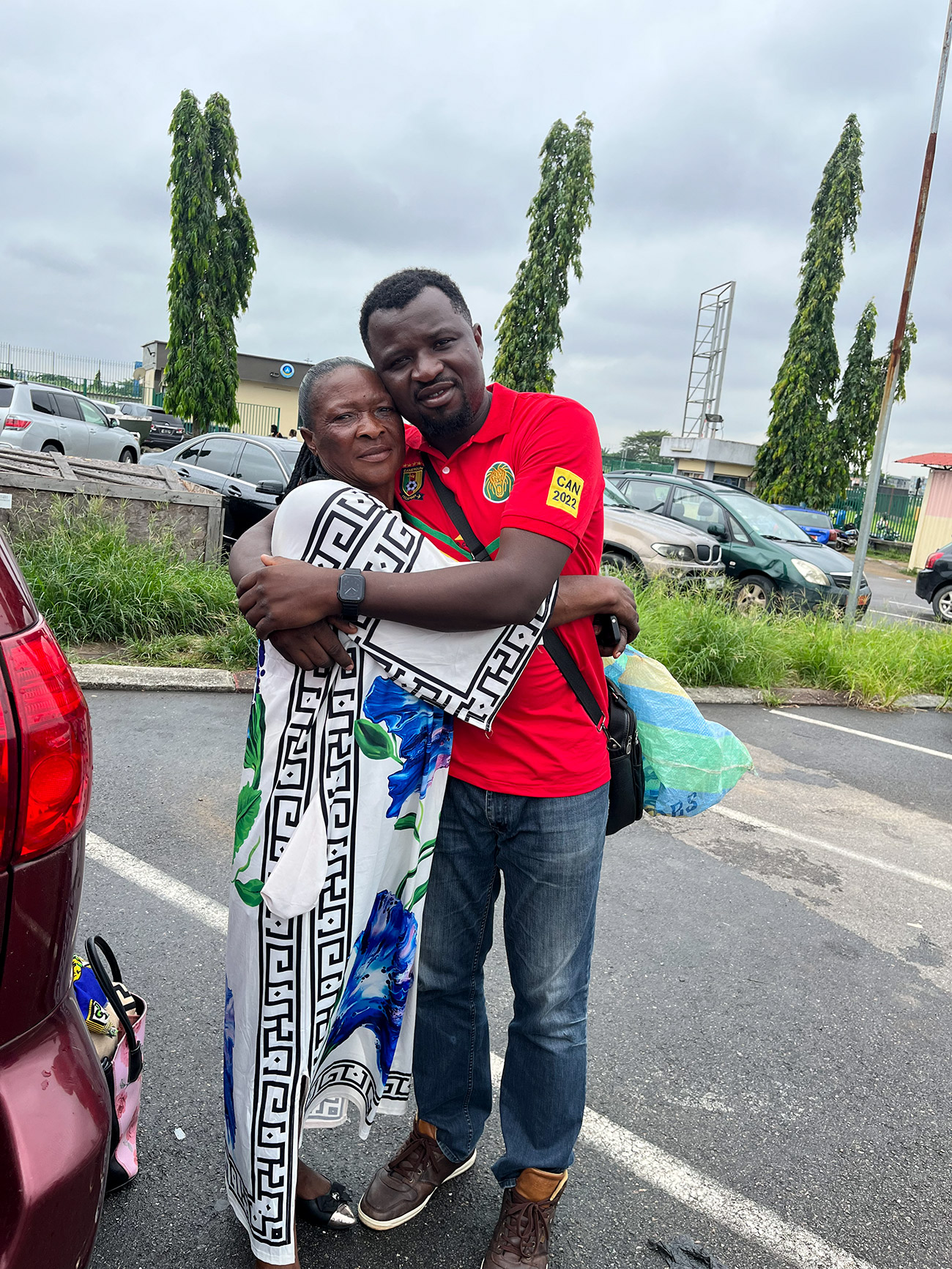 With mom
With mom
“I graduated as an oil engineer from the Dagestan State Technical University and went to Surgut. It's a small, very clean town, but it's all about oil, there's no other job. It was winter, and the frost was so harsh that it made you shudder. It is very difficult to get to work and back. And for the two months that I was trying to live there, I was constantly sick and in no mood at all. I just wanted to warm up.”
So,Pierre returned to Dagestan - where he made the incredible leap tosinging.
African singer at Caucasian weddings
The Cameroonian always loved to sing. Back home, it was just a hobby, but in Dagestan, in his first year at university, he began to perform, singing popsongs of the 1980s and ‘90s. There, he became friends with the local singer Magomed Alipkerov, and together they recorded a song in one of the Dagestani languages – Lezgian.
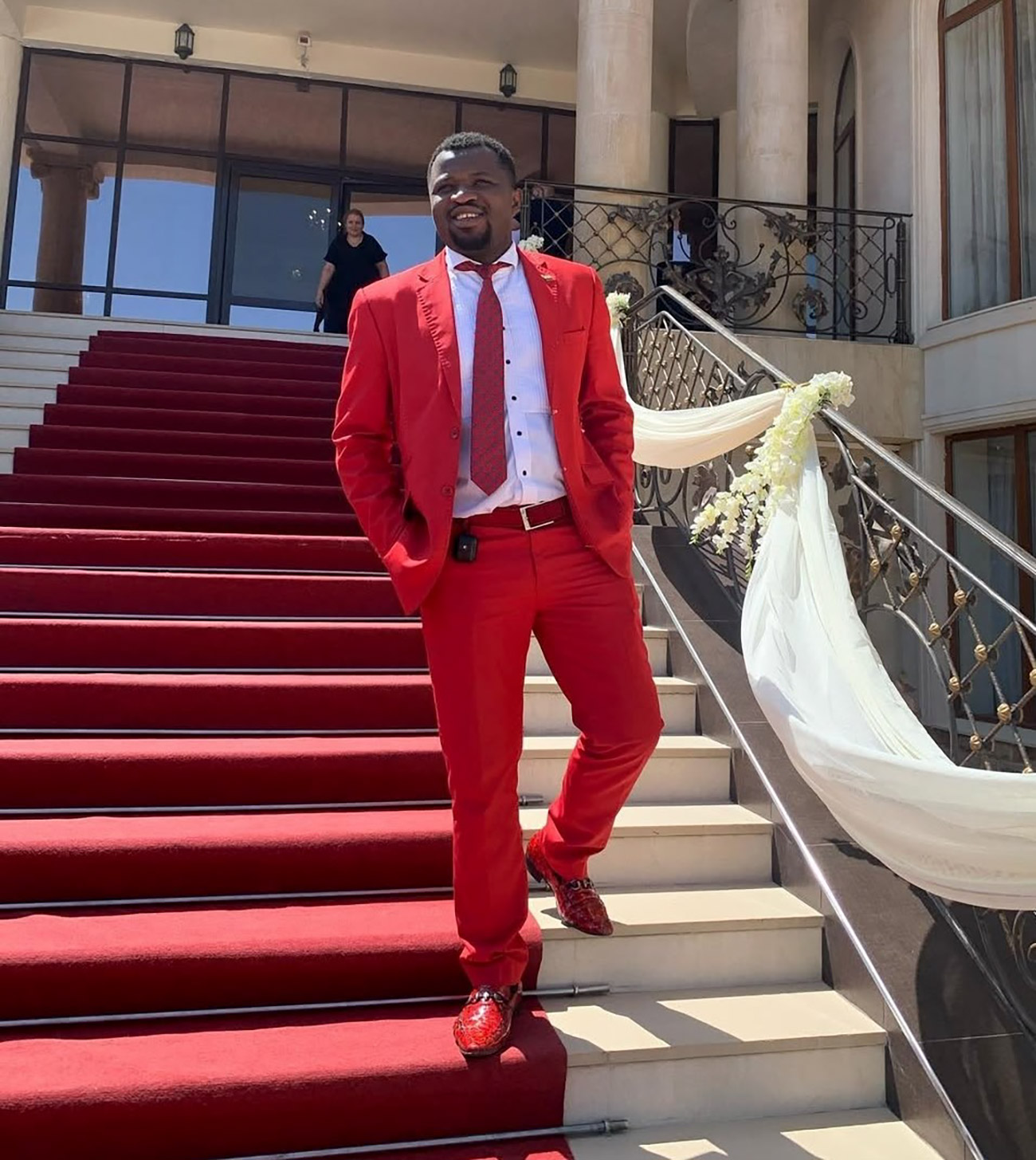
“It made a splash! And at every concert, people of other nationalities from Dagestan came up to me and asked why I didn’t sing in their languages, too. So as not to offend anyone, I began to learn their songs as well."
Today Pierre sings in nine languages, including English, French, Russian, Azerbaijani, and several Dagestani languages, such as Lezgian, Avar, Lak, Kumyk, Darginian and Tabasaran.
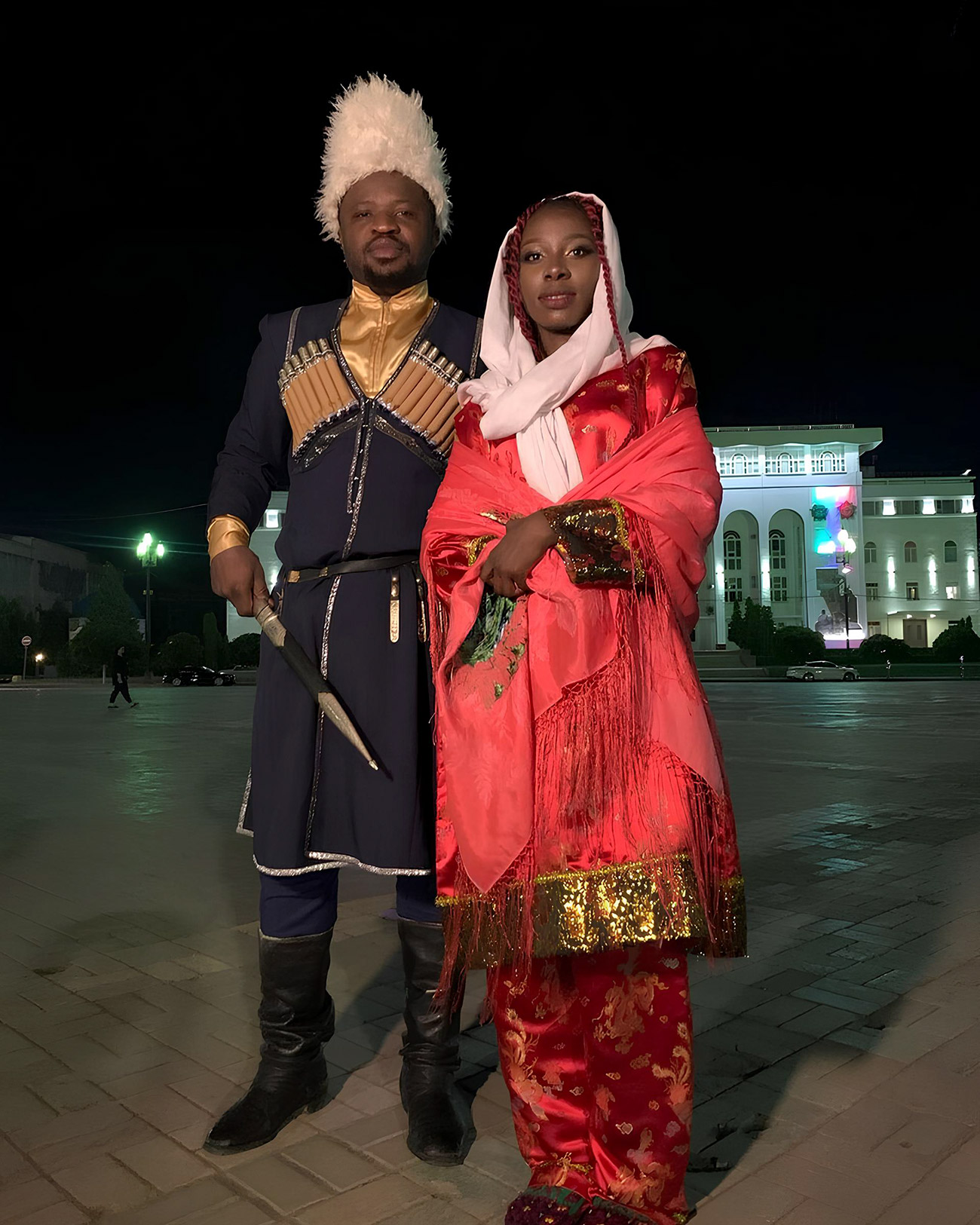 Pierre and his sister in Dagestani national dress
Pierre and his sister in Dagestani national dress
“The most difficult to sing is Avar. I speak three languages: English, French and Russian, and I can understand Lezgian well.”
There were also tours and weddings. During the season, Pierre performs at 2-3 weddings a day, with seven hundred people each. The largest one had 1,200 guests.
“Probably, every resident of Dagestan already has a photo with Pierre Aijo,” the Cameroonian laughs.
Dagestani soul
Pierre has been living in Dagestan for 16 years and even converted to Islam to marry a local woman.
“I had two marriages: the first time I married a Kumyk woman, the second time I married a Lezgin woman. I am often asked: ‘How did you manage it?’ There are traditions in the Caucasus where they marry only their own people. But for every rule there is an exception, the world has changed in recent years, everything has become easier.”
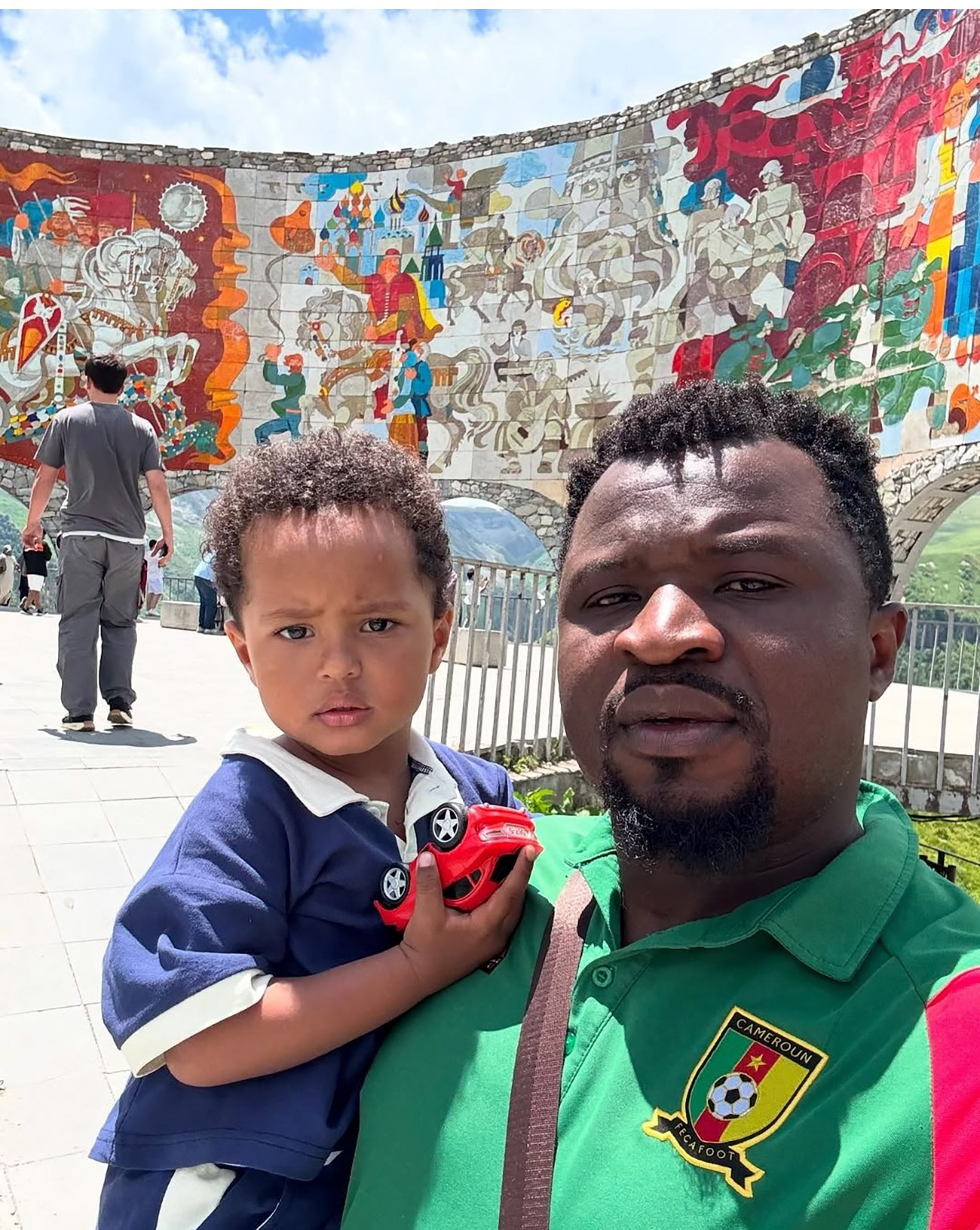 Pierre with his son
Pierre with his son
Pierre has three sons from two marriages, the eldest one is 12 and the youngest is two years old. He raises them in both Dagestani and Cameroonian ways.
“At home, I can speak to them in French or my own African dialect. And I sing to them the songs that my mother used to sing to me as a child. In short, at home we have Africa. But when they go outside, Dagestan begins: friends in the courtyard, school and music classes. I believe that 70 percent of a person is formed by the environment and only 30 percent by the family, which means that, as adults, my sons would behave like Dagestanis. But I like that: they will know dignity, honor and all these local concepts of life that I consider correct.”

After traveling the world and living in Dagestan, Pierre realized that the people of the Caucasus are absolutely unique.
“They are courageous, brave. But diplomacy is not about them. Issues are resolved quickly and on the spot. They don’t lie, they don’t try to avoid or ignore the problem. Africans are completely different. We're soft, we try to get around the rough edges. But today I am probably 100 percent Dagestani. I like fast driving and quick decisions. And the music of Dagestan has already entered my blood.”
The full version of the article is published in Russian in 'Nation' magazine.


